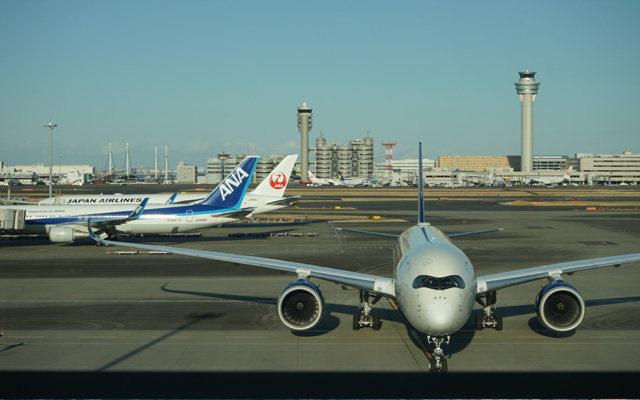Although the move to reopen borders in Japan is largely seen as a positive step, the restrictions on air travel and tourist entry imposed by the government is hindering its recovery in the tourism industry, stated ACI (Airports Council International) Asia-Pacific.
In a recent ACI Asia-Pacific study that analysed the effectiveness of travel restrictions, the study revealed that travel restrictions like quarantine and testing are ineffective in mitigating the spread of Covid-19.

The research further showed that the inevitable delay in identifying new variants means that transmission already occurs by the time travel restrictions are imposed. Imposing ongoing air travel restrictions will therefore have minimal benefits in preventing the spread of any potential new variants.
Stefano Baronci, director general, ACI Asia-Pacific, said: “Curbs on international travel does little to prevent the spread of Covid-19 but leads to significant impact on the economy, causing the loss of jobs and businesses. Analysis shows that travel restrictions have, to a large degree, failed to prevent the spread of Covid-19 and have turned out to be a deterrent for the recovery of aviation.”
To help Japan’s tourism industry fully recover, Baronci is proposing that Japan to “consider removing all remaining travel restrictions and allow people to travel freely”.
According to the latest circular from Japan, around 200 countries were divided into three risk categories – red, yellow and blue. These categories determine whether visitors can bypass quarantine and be subject to more simplified Covid-19 testing measures, according to Japan’s Ministry of Foreign Affairs.
Baronci added: “A total relaxation of travel protocols will provide greater impetus to the economy of the country as well of the other countries in the region.”
In the last few months, countries such as Cambodia, Singapore, India, Thailand, Malaysia and Australia have withdrawn the restrictions on international air travel, without negatively impacting the health care system at national level. Preliminary statistics from Phnom Penh, Singapore, New Delhi, Bangkok (Suvarnabhumi), Kuala Lumpur and Brisbane show that, in aggregate, passenger traffic have increased substantially between the end of February and May 2022.




















